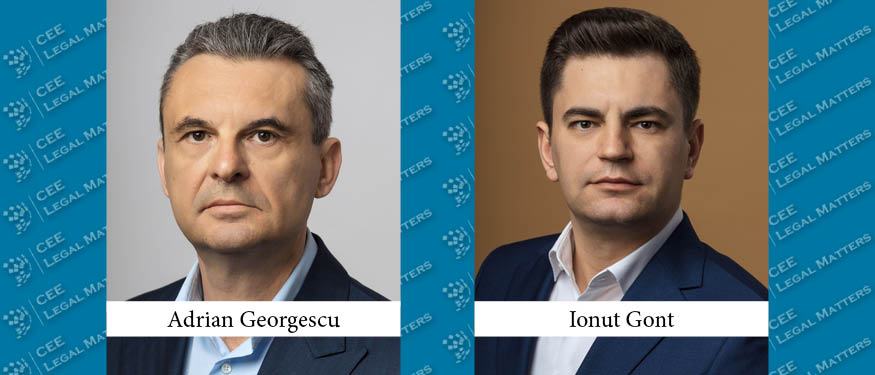Contributed by ODI Law.
Capital Markets in Poland
Contributed by Rymarz Zdort.
Capital Markets in Romania
Contributed by Filip and Company.
Capital Markets in Russia
Contributed by Alrud.
Capital Markets in Serbia
Contributed by Karanovic & Partners.
Capital Markets in Slovakia
Contributed by Majernik & Mihalikova.
Capital Markets in Slovenia
Contributed by Jadek & Pensa.
Capital Markets in Turkey
Contributed by Paksoy.
Capital Markets in Ukraine
Contributed by Avellum.
Capital Markets in UK
Contributed by Shearman & Sterling.
Capital Markets in Austria
Contributed by Weber & Co.
CEELM Covid-19 Comparative Legal Guide: Contracts in UK
Contributed by Slaughter and May
CEELM Covid-19 Comparative Legal Guide: Contracts in Croatia
Contributed by Cipcic-Bragadin Mesic & Associates
CEELM Covid-19 Comparative Legal Guide: Contracts in Austria
Contributed by Graf Patsch Taucher, member of PONTES
CEELM Covid-19 Comparative Legal Guide: Contracts in Bulgaria
Contributed by Gugushev & Partners, Member of PONTES
CEELM Covid-19 Comparative Legal Guide: Contracts in Czechia
Contributed by Rowan Legal
CEELM Covid-19 Comparative Legal Guide: Contracts in Estonia
Contributed by Cobalt
































